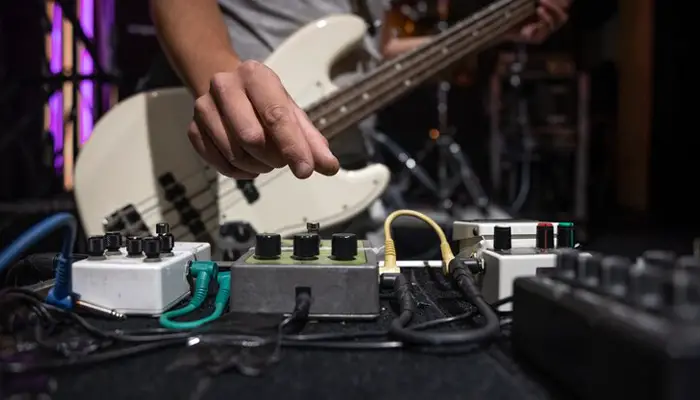Music has an enchanting ability to touch our souls and evoke emotions deep within us. Beyond its role as mere entertainment, music plays a pivotal role in our mental health.
In this comprehensive guide, we delve into the intricate relationship between music and mental well-being. From boosting mood to alleviating anxiety, we explore how music has the potential to transform our emotional landscape.
The Therapeutic Symphony of Sound
How Does Music Affect Mental Health?
Music has the incredible power to influence our mental state. Whether it’s a catchy tune that makes us tap our feet or a soothing melody that helps us relax, music can profoundly impact our emotions and mental health. But how does it work its magic?
The Science Behind the Serenade
To understand the connection between music and mental health, we need to peek into the brain. Studies have shown that when we listen to music we enjoy, our brain releases dopamine, a neurotransmitter associated with pleasure. This feel-good chemical can elevate our mood and reduce stress.
The Healing Harmonies
Music therapy is a recognized form of treatment for various mental health conditions. It can help individuals cope with depression, manage anxiety, and even aid in recovery from trauma. Music therapists use tailored playlists to address specific emotional needs, harnessing the therapeutic potential of music.
The Rhythmic Remedies
Easing Anxiety with Melodies
Anxiety can be overwhelming, but music offers solace. Slow-tempo, calming tunes can reduce anxiety levels by slowing down our heart rate and promoting relaxation. The next time you feel anxious, try listening to some soft classical music or nature sounds.
Lifting Spirits with Uplifting Songs
Feeling down? Music can be your ally in times of emotional distress. Upbeat songs with positive lyrics can boost your mood and fill you with optimism. When life throws challenges your way, turn up the volume on your favorite cheerful tracks.
Finding Empowerment through Lyrics
Many people find empowerment in music that features strong, relatable lyrics. Songs that convey resilience, determination, and overcoming adversity can be a source of inspiration during tough times. They remind us that we, too, can conquer our challenges.
Music and Mindfulness
The Meditative Melodies
Mindfulness practices often incorporate music to enhance the experience. Meditative music with repetitive patterns and soothing sounds can help individuals enter a state of deep relaxation and self-awareness, reducing stress and anxiety.
Soundscapes for Sleep
Struggling with insomnia? Music can be a natural remedy. Gentle, ambient sounds and white noise can create a tranquil environment conducive to restful sleep. Incorporate these sounds into your bedtime routine for a more peaceful night.
FAQs
Is there a specific genre of music that’s best for mental health?
While the preference for music varies from person to person, genres like classical, jazz, and instrumental music are often considered soothing and beneficial for mental well-being.
How can I incorporate music into my daily routine for better mental health?
Create playlists for different moods and activities. Listen to calming music when stressed, energizing tunes when you need a boost, and uplifting songs to lift your spirits.
Are there any adverse effects of listening to music excessively?
Excessive listening to loud or aggressive music can potentially increase stress and anxiety. It’s essential to find a balance and choose music that suits your emotional needs.
Can music help with memory and cognitive function?
Yes, music has been shown to stimulate memory and cognitive function, making it a useful tool for individuals with conditions like Alzheimer’s disease.
Is it essential to seek professional music therapy, or can I use music informally for mental health benefits?
You can certainly use music informally for mental health benefits. However, if you’re dealing with severe mental health issues, consulting a licensed music therapist can be highly beneficial.
Conclusion
Music is a universal language that transcends boundaries and speaks directly to our hearts. Its profound impact on mental health cannot be overstated. From easing anxiety to lifting our spirits, music has the power to heal and transform.
So, the next time you plug in your earphones or attend a concert, remember that you’re not just enjoying music—you’re nurturing your mental well-being.
That’s all! You can also check out 10 Best George Michael Songs of All Time and 10 Best Depeche Mode Songs of All Time.



